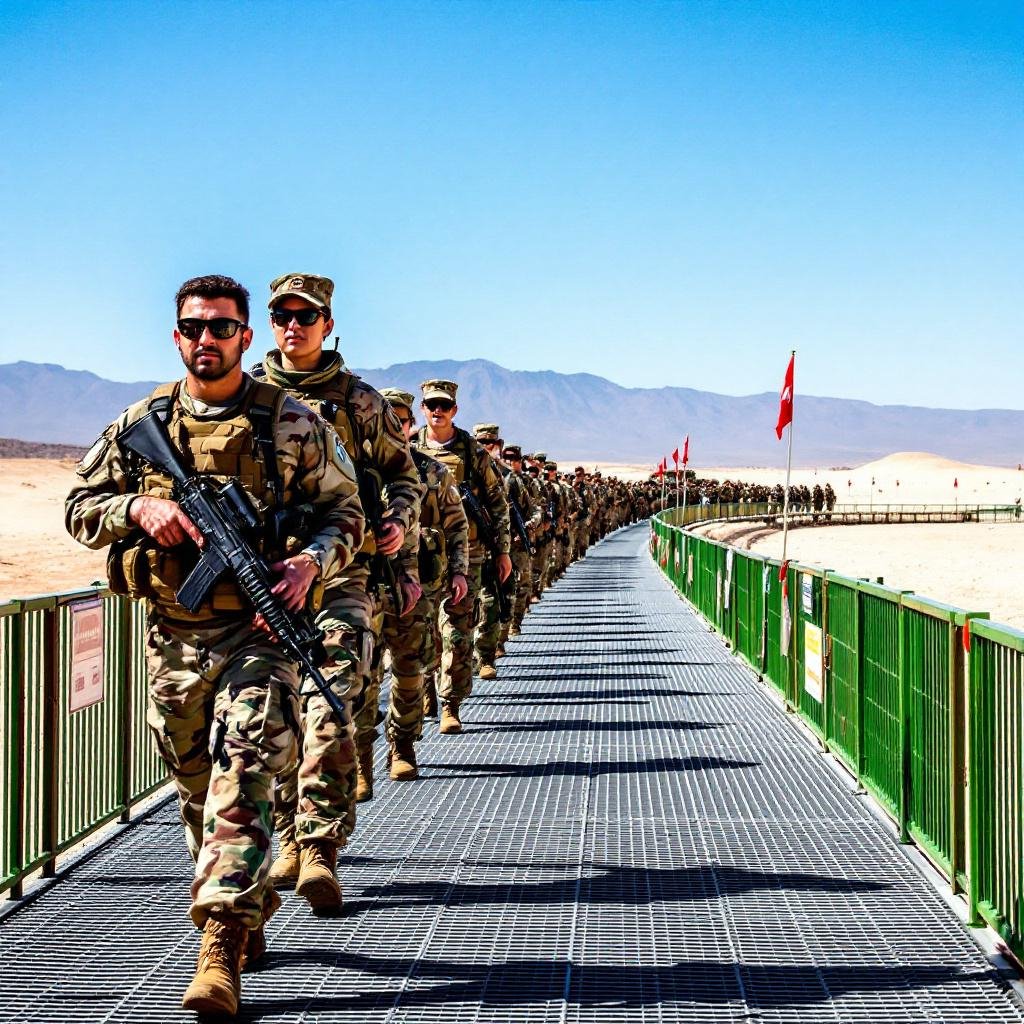Most countries spend billions every year on defense, but a small handful have chosen a different path they live without a standing army. Some rely on allies, some focus on diplomacy, and others are just too small to maintain armed forces. These nations often surprise readers because they thrive in peace while the rest of the world arms up. Let’s explore which countries live without an army in 2025 and why.
1. Costa Rica 🇨🇷
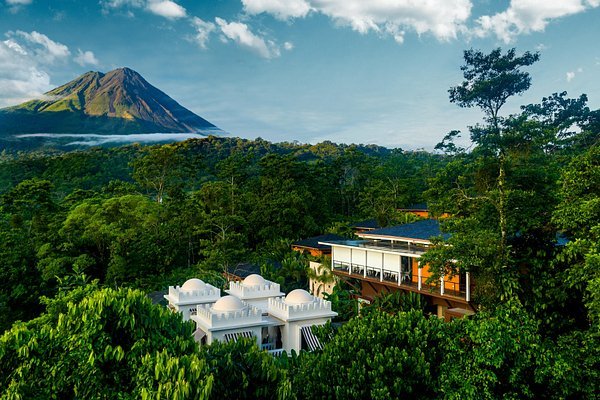
Costa Rica is perhaps the best-known example of a nation without an army. After a civil war in 1948, the country made a bold choice: it abolished its military and redirected funds into education and healthcare. This decision, written into its 1949 constitution, has defined Costa Rica’s national identity ever since.
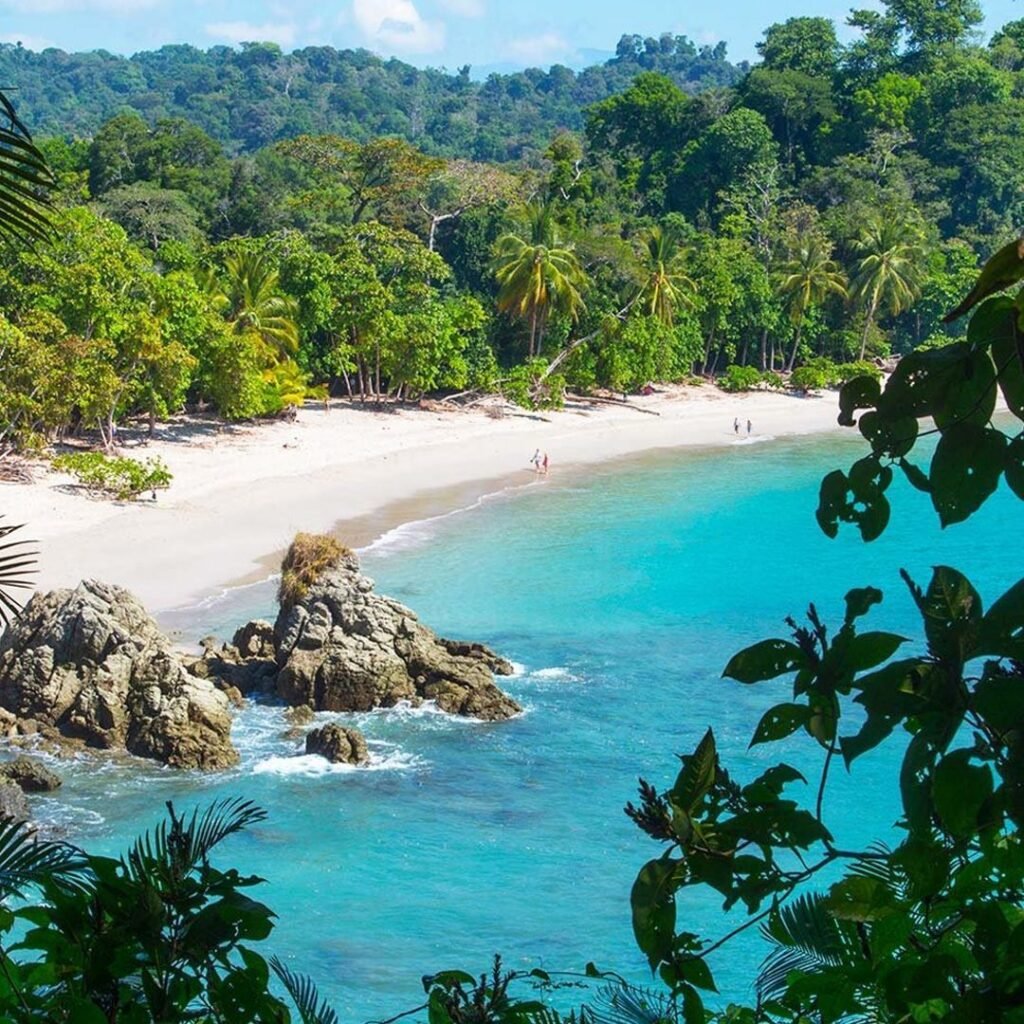
Today, the country enjoys one of the highest literacy rates in Latin America and attracts millions of eco-tourists each year. Its lush rainforests, national parks, and commitment to renewable energy make it a global symbol of sustainability. Security is managed through a strong police force and international agreements, but Costa Ricans often take pride in their reputation as a “nation of peace.”
2. Iceland 🇮🇸
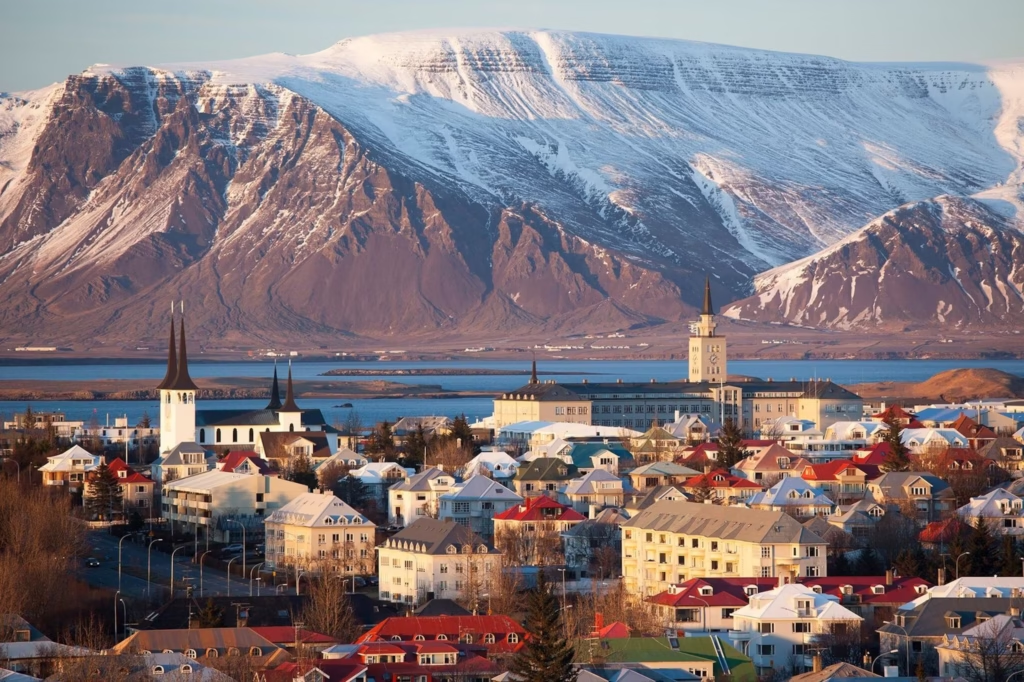
Despite being a NATO member, Iceland has no standing army. Instead, defense is handled through agreements with its allies, particularly the United States, which maintains a presence through NATO arrangements. The Icelandic Coast Guard is the closest thing to a military force, responsible for patrolling the country’s vast waters.
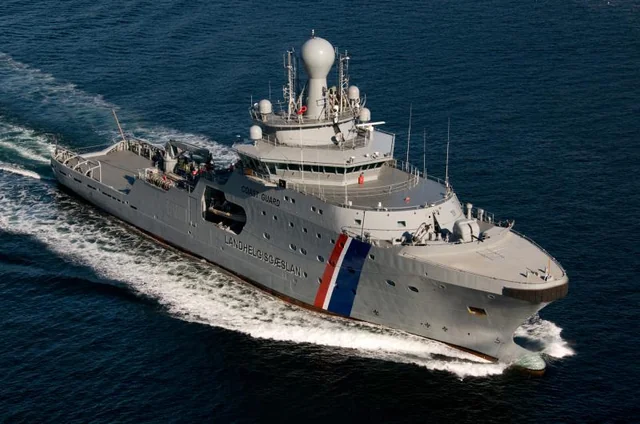
Iceland’s unique geography plays a big role in its security located far in the North Atlantic, it faces little threat of invasion. The nation focuses instead on maintaining high living standards, renewable energy development, and its vibrant culture. Iceland is consistently ranked one of the safest countries in the world, showing how strong alliances can substitute for a traditional army.
3. Panama 🇵🇦
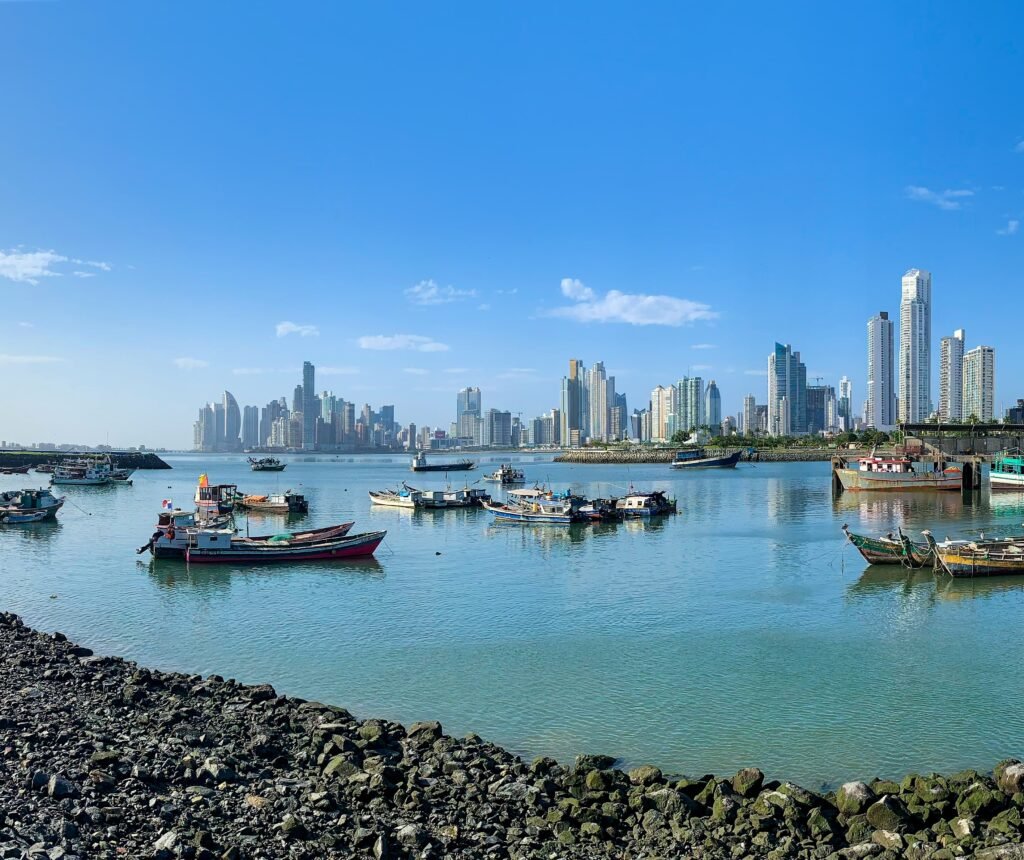
Panama once had a military but abolished it in 1990 after years of dictatorship under Manuel Noriega. The move came as part of democratic reforms that reshaped the country’s political system. Since then, Panama has relied on its police force and strategic international partnerships to maintain security.
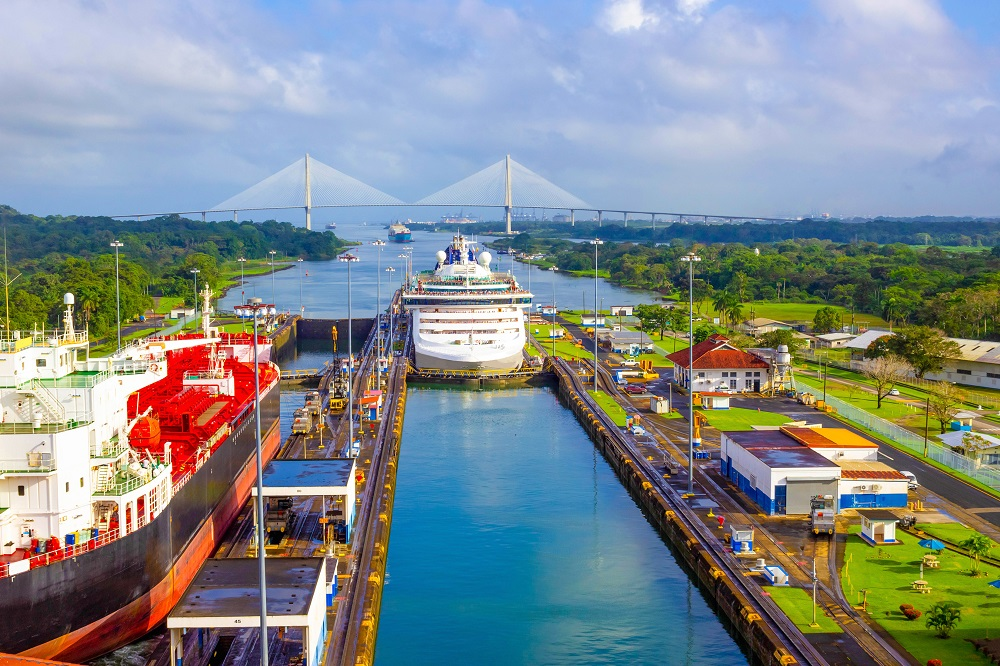
The Panama Canal is one of the most important waterways in the world, and its safety is a top priority. Although Panama doesn’t maintain an army, its location ensures that powerful allies have an interest in protecting its stability. This balance allows Panama to channel resources into infrastructure and services while still maintaining peace.
4. Liechtenstein 🇱🇮
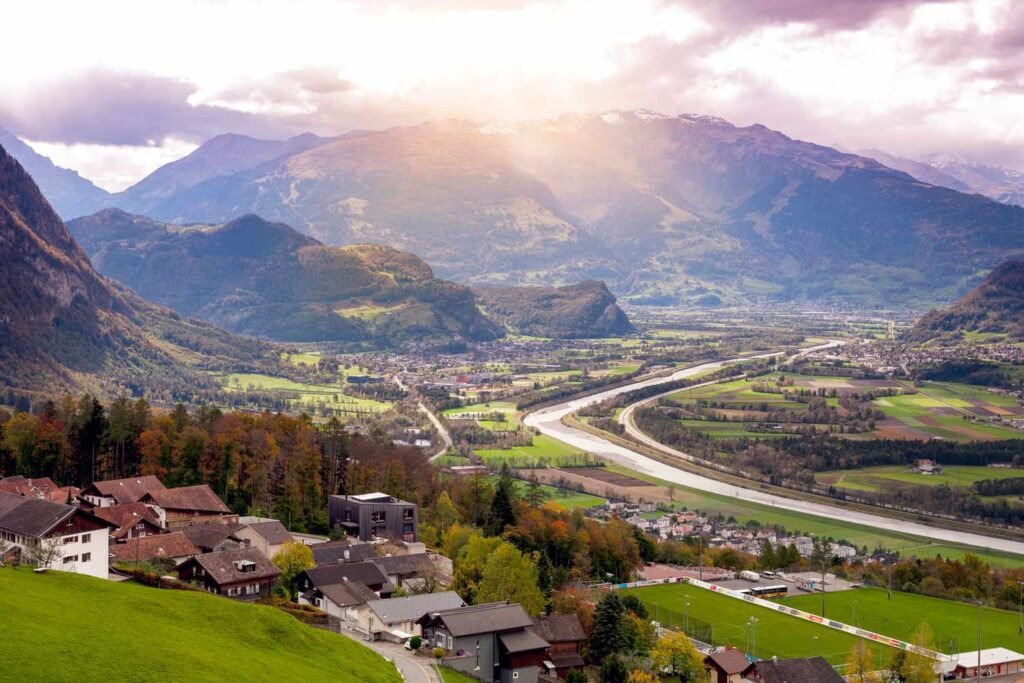
This small principality between Switzerland and Austria abolished its army in 1868, finding it too expensive to maintain. Since then, Liechtenstein has relied on Switzerland for defense. Its lack of a military hasn’t held it back today, it is one of the richest countries per capita in the world, thanks to its banking sector and manufacturing industries.
Liechtenstein demonstrates that geography and diplomacy can provide security where armies are impractical. The country is known for its alpine landscapes, medieval castles, and high quality of life, offering a model of stability in modern Europe.
5. Grenada 🇬🇩
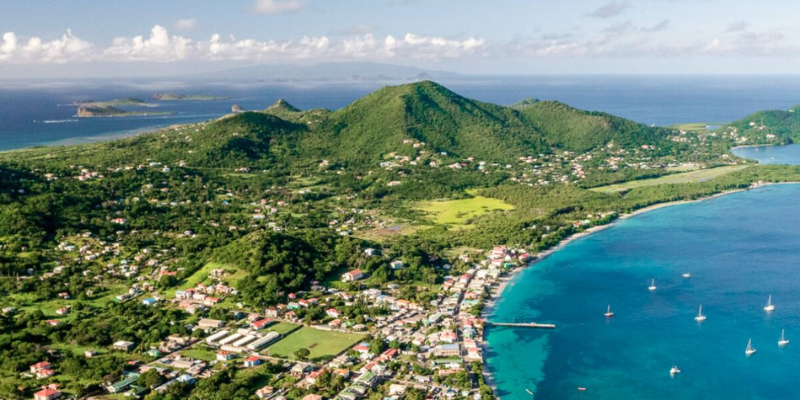
Grenada, a small Caribbean island nation, once maintained a military but dissolved it following the 1983 US-led invasion that ousted a Marxist government. Since then, the country has relied on its police force, along with regional defense partnerships, to maintain security.
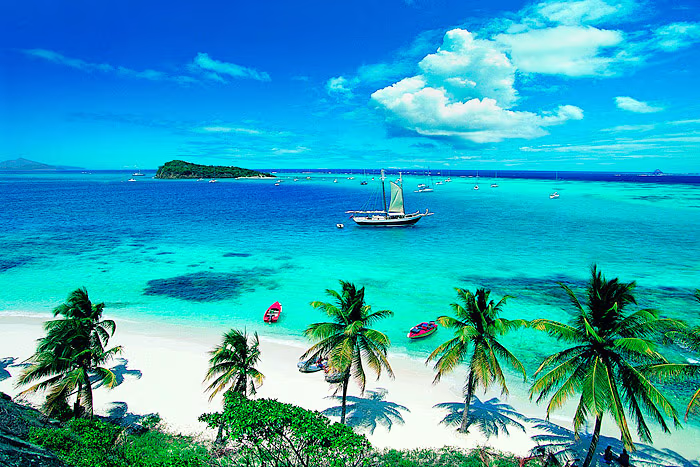
Despite its turbulent past, Grenada is now celebrated for its tourism, spices (it’s often called the “Island of Spice”), and vibrant culture. Its decision to live without an army has allowed it to focus on rebuilding its economy and establishing itself as a peaceful destination in the Caribbean.
6. Vatican City 🇻🇦
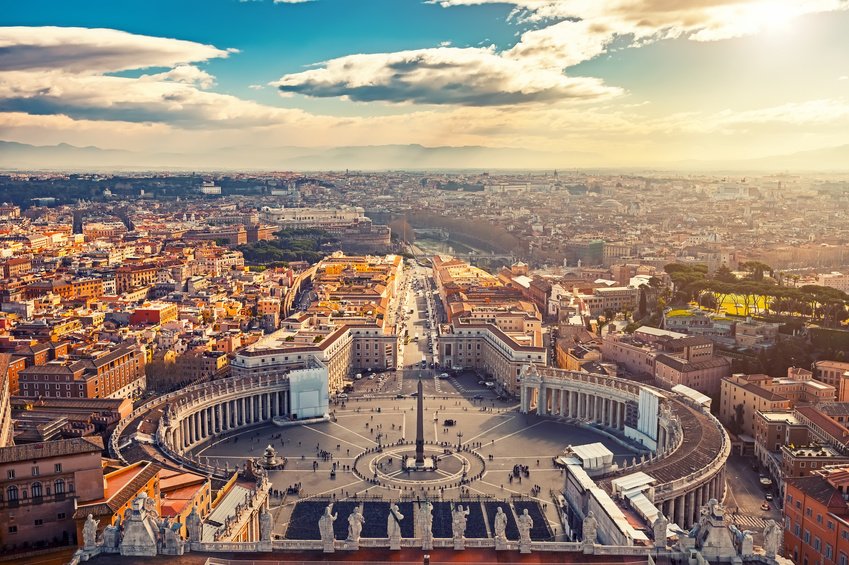
The world’s smallest state, Vatican City, has no army of its own. Security is managed by the colorful and historic Swiss Guard, who are responsible for protecting the Pope. Italy also provides defense under international agreements.
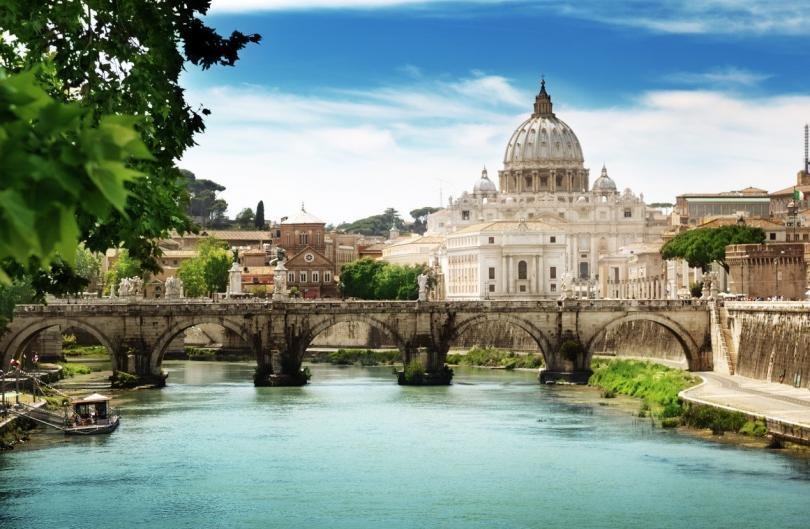
Despite covering less than half a square kilometer, Vatican City welcomes millions of pilgrims and tourists each year. Its religious importance and symbolic role in world affairs make it unique among countries without armies. The Swiss Guard, with their Renaissance-style uniforms, have become an iconic symbol of loyalty and tradition.
7. Andorra 🇦🇩
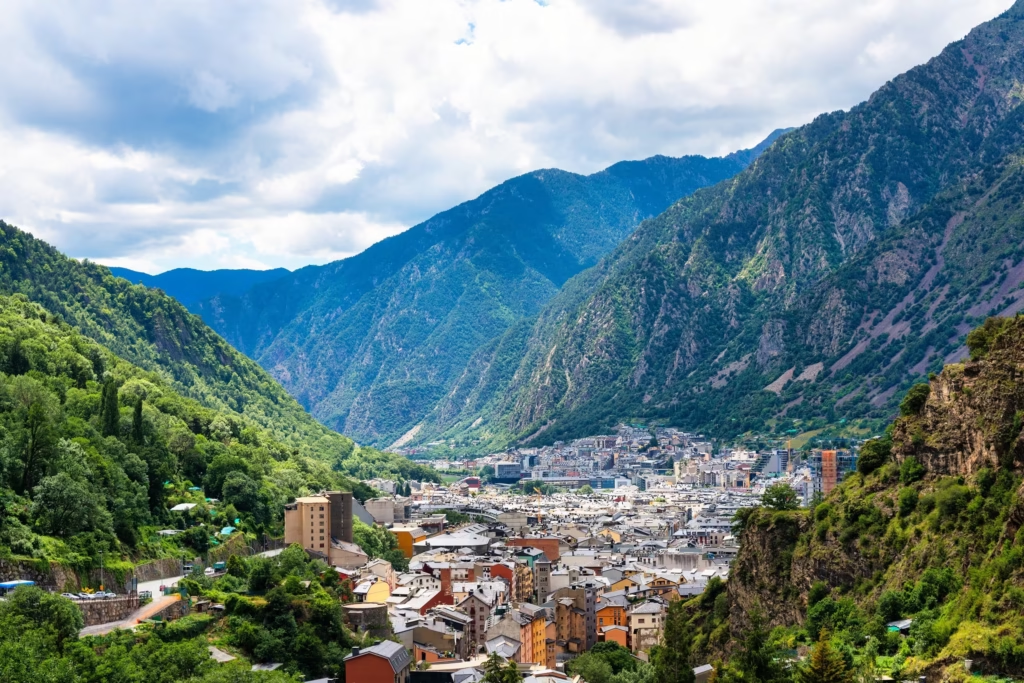
Andorra, nestled in the Pyrenees mountains between France and Spain, has never maintained a standing army. Instead, its defense is guaranteed by its neighbors. The country does maintain a small ceremonial military unit, mostly for parades and tradition, but actual defense responsibilities are external.
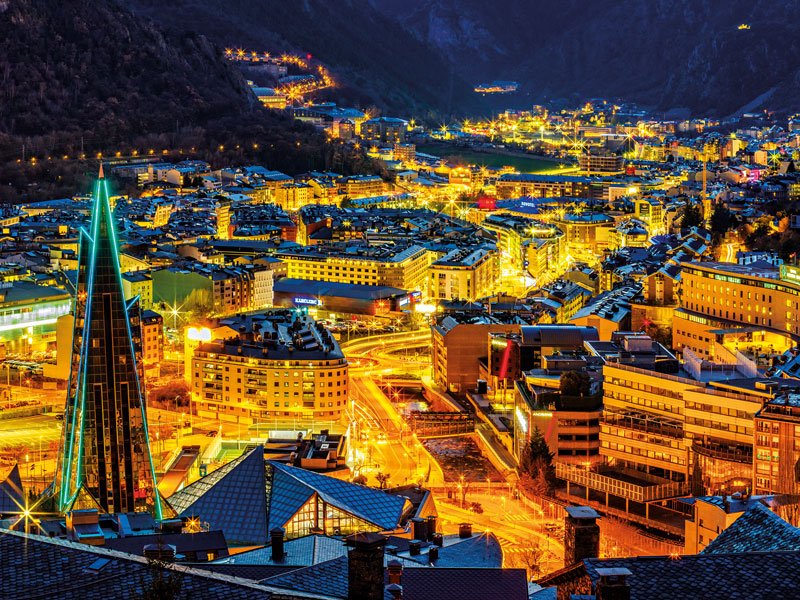
Andorra thrives as a tourist destination, famous for its ski resorts, duty-free shopping, and beautiful landscapes. Its long history of neutrality and reliance on larger powers for protection shows how microstates can survive peacefully without military forces.
Why These Countries Can Live Without Armies
-
- Alliances: NATO or neighbor agreements provide protection.
Geography: Islands, small size, or remote locations reduce threats.
Priorities: Funds are redirected to healthcare, education, and tourism.\
Symbolism: These nations stand out as examples of peace in a militarized world.
- Alliances: NATO or neighbor agreements provide protection.
Countries without armies challenge the idea that military power is necessary for survival. Instead, they show that diplomacy, alliances, and smart use of resources can create a peaceful society. From Costa Rica’s eco-tourism success to Iceland’s international cooperation, these nations prove that peace can be a strategy, not just a dream.

